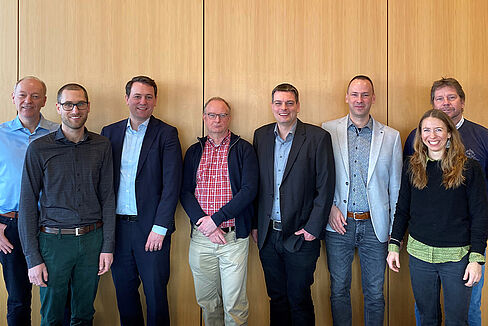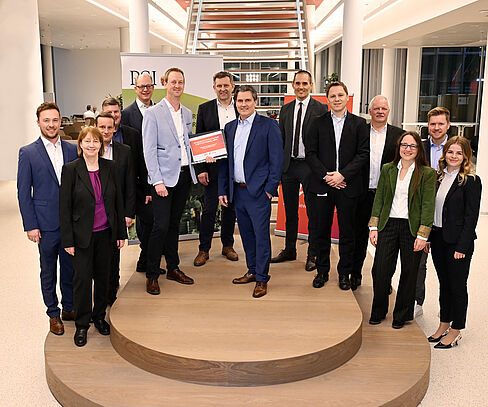Berlin, February 11, 2021 - Netzdienste Rhein-Main (NRM) GmbH, based in Frankfurt am Main, has commissioned PSI Software AG to implement the modular software solution PSIsaso/DSO. This will enable NRM to summarize its extensive forecasts and planning data and to forecast network conditions in order to reliably implement the expanded requirements for the Redispatch process (NABEG 2.0) on 1 October 2021.
In addition to maintenance, the scope of delivery includes the modules network condition forecast with outage variant calculation as well as Redispatch in the control system with passivation of measures. PSIsaso/DSO continuously records the network model from the control system as well as timetable and forecast data and uses them to create network condition forecasts.
Based on these, the requirements of the upstream network operator are evaluated and the necessary measures to avoid congestion in the own network or in the network of the downstream network operator are initiated. Due to the modular concept, different customer requirements can be implemented precisely and cost-effectively.
NRM already uses a PSI network control system, which allows a close coupling of both systems and the implementation of further requirements.
Mainova AG, headquartered in Frankfurt am Main, is Hesse's largest energy provider and supplies more than one million people with electricity, gas, heat and water. In addition, there are numerous corporate customers throughout Germany. With its 2,700 employees, the company generated sales of around 2.3 billion Euros in 2019. The Mainova subsidiary NRM Netzdienste Rhein-Main GmbH ensures reliable supplies in Frankfurt and the Rhine-Main region with its energy and water network covering more than 14,000 km.
With the PSI system, which is independent of the control system, distribution network operators can participate in planning and forecasting processes of the new Redispatch regime and transparently and efficiently design the effects in their own network through a proven network condition forecast with an optimal selection and dimensioning of measures. In addition to the "Extended" version, PSI also offers a "Basic" variant especially for network operators with a simple network structure and no bottlenecks in their own network.
Based on its own software products, PSI Group develops and integrates complete solutions for optimizing the flow of energy and materials for utilities (energy networks, energy trading, public transport) and industry (metals production, automotive, mechanical engineering, logistics). PSI was founded in 1969 and employs more than 2,000 people worldwide.



